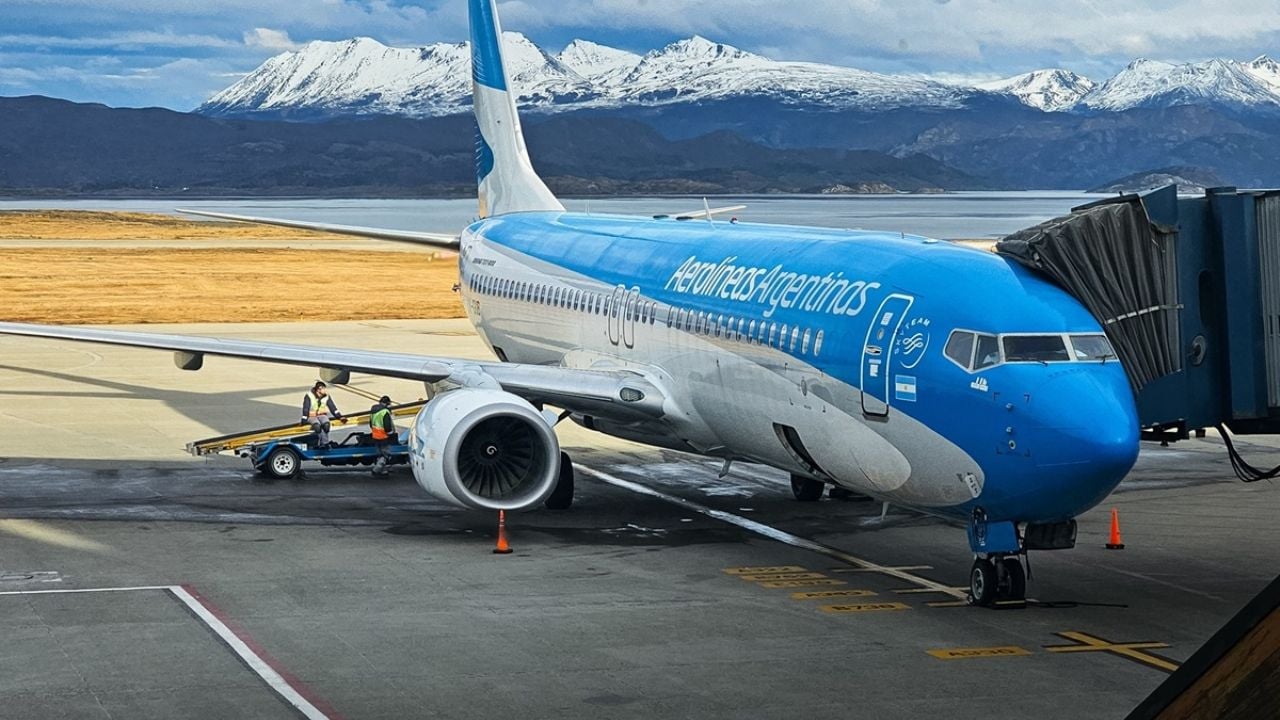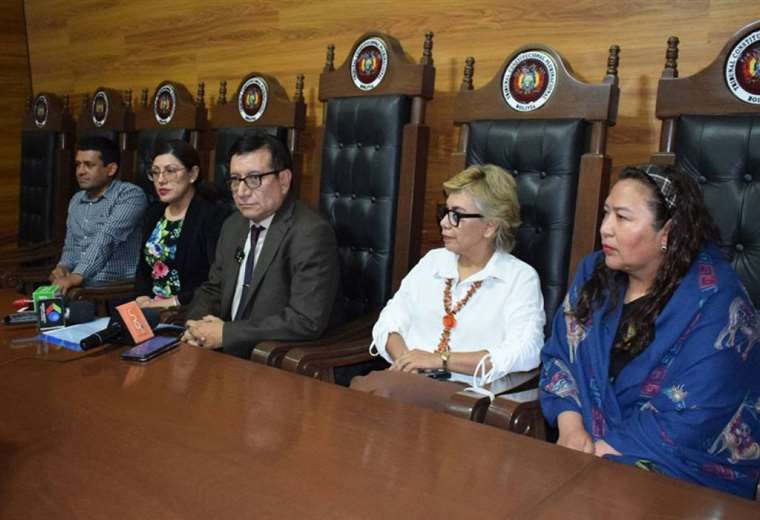He Government has implemented a significant measure by extending the age limit for pilots to carry out flights, a decision that seeks to respond to the growing demand of the aeronautical sector and optimize available human resources.
This measure of Governmentordered by the auditor of the National Civil Aviation Administration (ANAC), María Julia Cordero, has been made official through Resolution 516/2024, published in the Official Gazette.
The new regulations establish that pilots may continue operating aircraft up to 66 years of age in the case of flights that require the operation of a single pilot, and up to 68 years of age for those aircraft that require two pilots.
Previously, the age limit was 60 years for single-pilot flights and 65 years for two-pilot flights. This extension of the retirement age will apply to both domestic flights and international connections, as long as the age limitations imposed by the regulations in force in the country of operation are respected.

The decision to extend the age limit for pilots is based on several factors. Firstly, it responds to the need to cover the growing demand of the aeronautical sector, which has experienced a significant increase in recent years.
The shortage of pilots qualified to fly large aircraft, especially after the pandemic, has been a constant challenge for airlines. Furthermore, advances in medicine and increased life expectancy have allowed pilots to maintain their psycho-physical conditions and skills necessary to safely operate aircraft for longer.

Measures
The measure also aligns with international trends in aviation regulations, where several countries have made retirement and job continuity ages more flexible for pilots. This global trend seeks to make the most of the experience and expertise of pilots, allowing them to continue performing their duties in commercial air transport operations.
The implementation of this new regulation has not been without controversy. The decision came amid a conflict between the government and Aerolíneas Argentinas, which included several days of strikes and threats of privatization. However, the conflict was resolved with an agreement between the Executive and the sector’s unions, which contemplates a salary increase of 16% for the June-November period, in addition to a series of additional improvements.
follow us on Google News and on our channel instagramto continue enjoying the latest news and our best content.
















